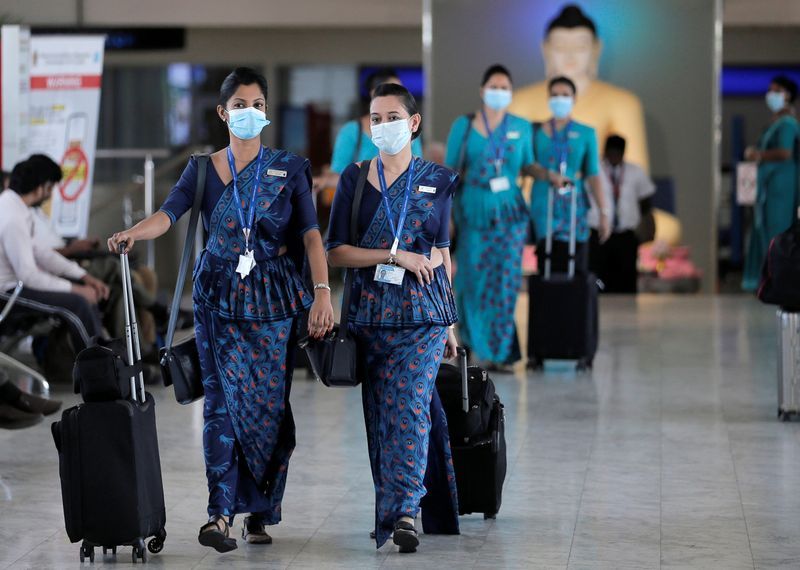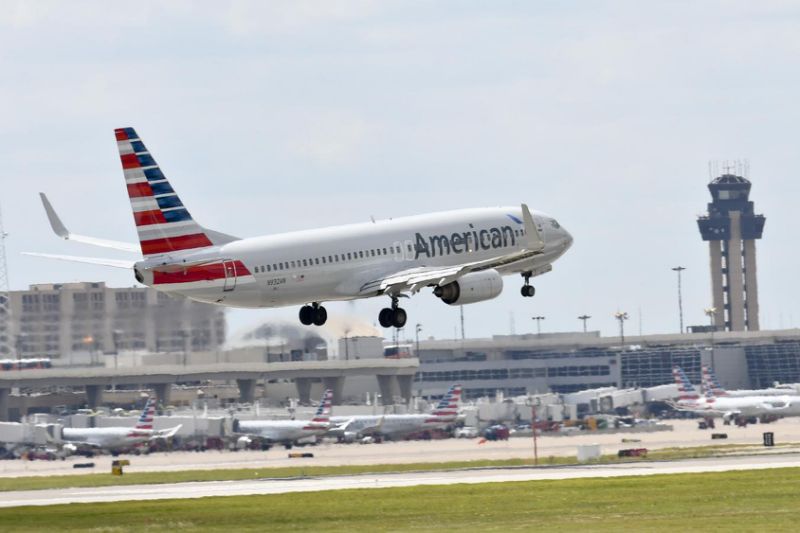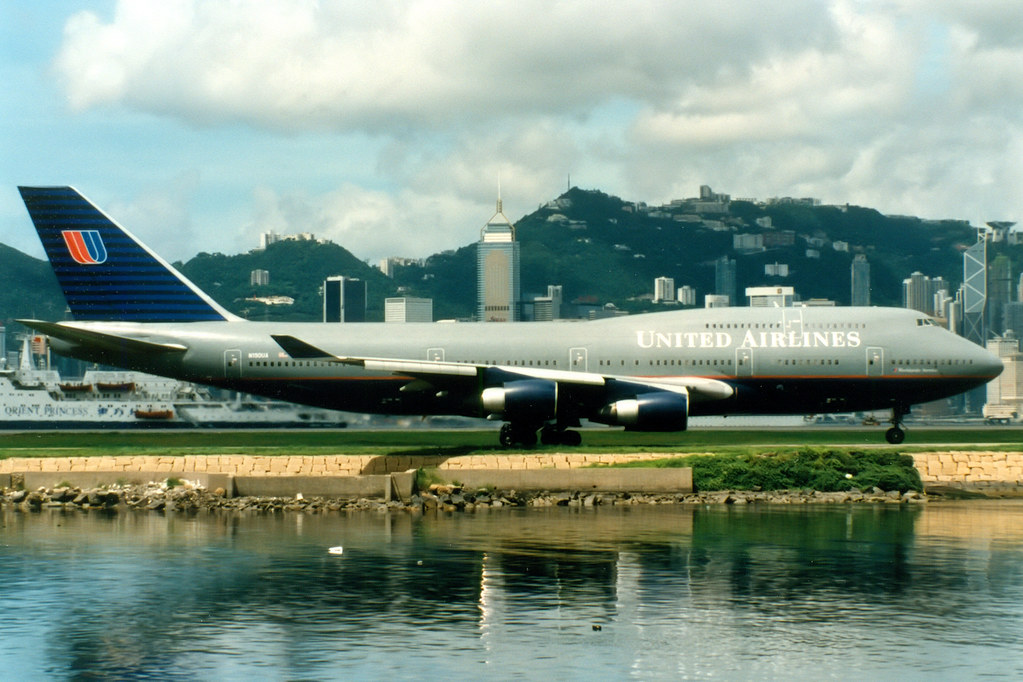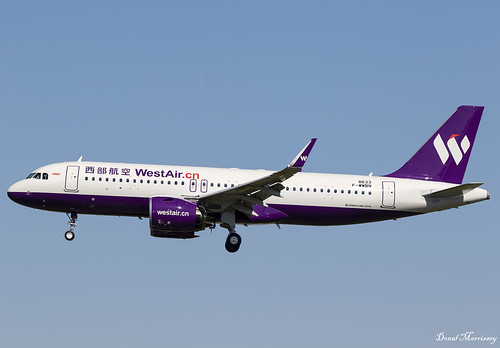Emirates is set to operate limited passenger services to Frankfurt (02, 04, 06, 09, 11, 13 May), London Heathrow (03, 05, 07, 10, 12, 14 May), Manila (3, 6, 8, 10, 13, 15, 16 May), Sao Paulo (3 May), and Shanghai (2 May). The one-way special flights will facilitate travel for residents and visitors wishing to return home.
Those who wish to travel to Shanghai must contact the embassy or consulate of the People’s Republic of China in the UAE. For all other flights, passengers can book directly on emirates.com or via their travel agent.
Only citizens of the destination countries, and those who meet the entry requirements of the destination will be allowed to board. Customers will be required to follow all health and safety measures required by the UAE authorities and the country of destination.
Similar to other repatriation flights that Emirates has operated thus far, for health and safety reasons, the airline will offer a modified inflight service that reduces contact, and the risk of infection. Magazines and print reading material will not be available. Meals on-board will be served in hygienic prepacked meal boxes, offering customers sandwiches, beverages, snacks, and desserts. A selection of hot snacks will also be served on long-haul flights.
Emirates’ Lounge and Chauffeur Drive services will be temporarily unavailable during this period and in-flight Wi-Fi service is available for purchase only. On board Emirates’ flights, seats are pre-allocated where possible with vacant seats placed between individual passengers or family groups in observance of physical distancing protocols. More information is available on emirates.com.
Cabin baggage will not be accepted on these flights. Carry-on items allowed in the cabin will be limited to laptop, handbag, briefcase or baby items. All other items have to be checked in, and Emirates will add the cabin baggage allowance to customers’ check-in baggage allowance.
Passengers are required to apply social distancing guidelines during their journey and wear their own masks when at the airport and on board the aircraft. Travellers should arrive at Dubai International airport Terminal 3 for check-in, three hours before departure. Emirates’ check-in counters will only process passengers holding confirmed bookings to the above destinations.
All Emirates aircraft will go through enhanced cleaning and disinfection processes in Dubai, after each journey.










